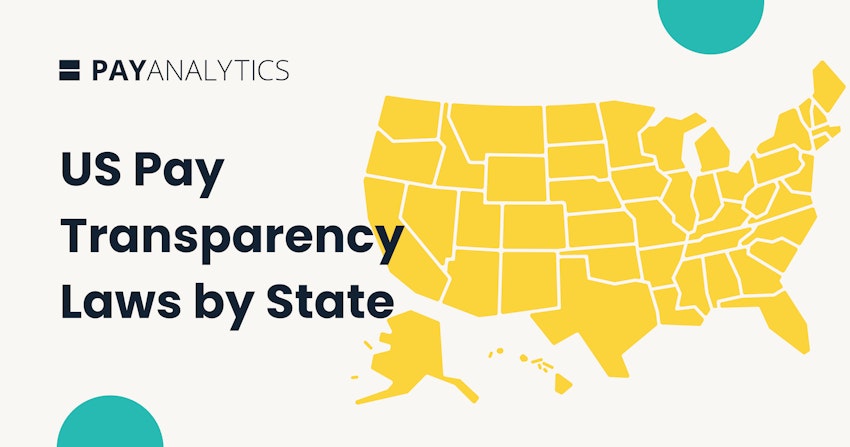
Jersey City, New Jersey, USA
The legislation
While the state of New Jersey is currently considering a pay transparency bill, Jersey City has already taken the lead by enacting its own pay transparency law in early 2022. The purpose of this local law is to address wage disparities experienced by minority individuals within the city's community. It acknowledges the challenges faced by job seekers who invest substantial time and effort in interviews but receive job offers that fall below their peers' compensation or fail to meet their salary expectations.
New Jersey has already implemented a salary history ban since January 1, 2020, which prohibits employers from screening job applicants using their salary history and from establishing minimum or maximum salary thresholds for job consideration. The Jersey City wage transparency law further enhances these protections to attract top talent, foster an improved work environment, and ensure fair compensation for all residents.
What employers does it apply to?
Jersey City’s current pay transparency law applies to any employer with five or more employees within Jersey City, including independent contractors.
Key requirements
According to the Jersey City Ordinance 22-026, which was passed in March 2022, employers based in Jersey City with more than three employees were obligated to provide the salary range and description of benefits in all advertisements for job vacancies, transfers, or promotions. This requirement was applicable to businesses that had their primary location within Jersey City and used print or digital media in the city for job advertisements.
In June 2022, an amendment to the original ordinance, known as Jersey City Ordinance 22-045, was released. This amendment extends the obligation to post wages to any employer with five or more employees within Jersey City, regardless of their identification of Jersey City as their "principal place of business." Covered employers, employment agencies, or agents of an employer must disclose a minimum and maximum annual salary or hourly wage in any job postings or advertisements, including those related to promotion or transfer opportunities, regardless of whether the position is permanent or temporary. This requirement applies to any means of advertising, not limited to print and digital media.
What are the enforcement mechanisms in place and the penalties for non-compliance?
Non-compliance with the Pay Transparency law can result in fines of up to $2,000. Reports of any violation of the law can be made to the following offices directly:

How can PayAnalytics help Jersey City employers meet Ordinance 22-045 requirements?
PayAnalytics offers support to Jersey City, New Jersey, employers in meeting the requirements of Jersey City’ s pay transparency law. It provides comprehensive tools for companies to assess and address equal pay.
With PayAnalytics, Jersey City employers can easily:
- Gain an in-depth understanding of their salary structure.
- Compare different jobs and employee characteristics based on standard and objective criteria.
- Conduct a pay equity analysis and measure and monitor pay gaps by any demographic variable.
- Address any identified pay disparities, correct pay discrepancies, and close pay gaps by making the appropriate changes suggested by the software, while understanding the associated costs.
- Gain valuable insights into pay practices and policies that may be contributing to pay disparities.
- Formalize and document pay policies.
- Prevent pay disparities and sustain fair pay with ongoing decision support.
- Proactively reduce the risk of non-compliance and minimize the cost of remediation by conducting regular pay equity assessments.
- Report and share pay equity information with a user-friendly, flexible reporting feature.
Please feel free to reach out to us at any time for additional information or a software demo. You can find more information about PayAnalytics here.
The information on this page is not intended to serve and does not serve as legal advice. All of the content, information, and material in this article are only for general informational use. Readers are advised that this information, legal or otherwise, may not be up-to-date.





